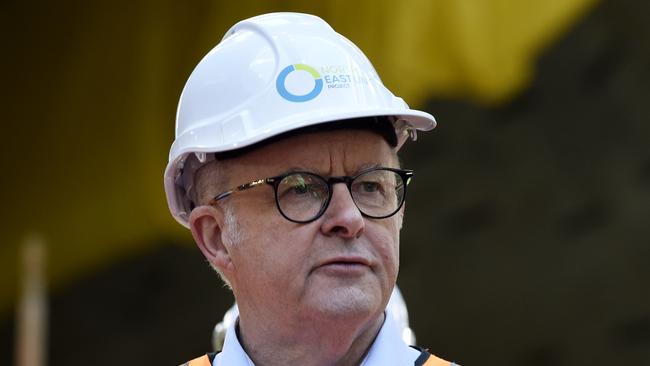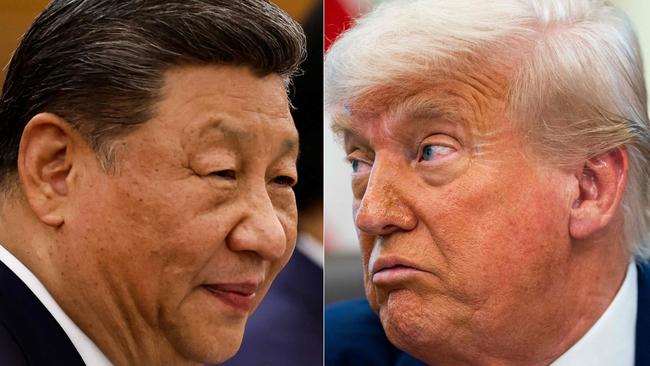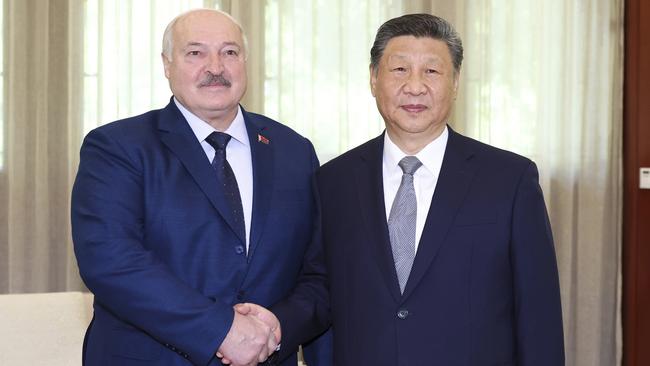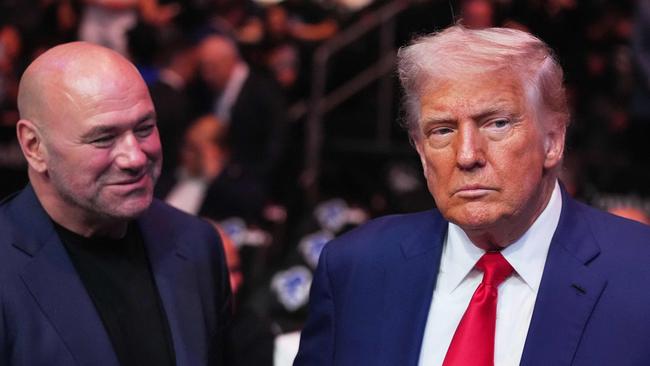Anthony Albanese must explain why AUKUS pact advances US power

Some believe Donald Trump makes extravagant demands only to back down later. It is why he’s sometimes referred to as TACO (Trump Always Chickens Out).
Anthony Albanese is hoping for another TACO moment after rebuffing Defence Secretary Pete Hegseth’s insistence that Australia spend 3.5 per cent of GDP on defence.
Labor hopes Trump will quickly move on to the next target.
But this is unlikely. If Albanese continues to rebuff the administration’s insistence to spend more on our military, it is not an exaggeration to say that the submarine component of AUKUS is at risk.
This is why.
There is a seriousness to the Trump administration when it comes to national security in the region.

The President views Europe and Asia differently.
Europe has sufficient resources to keep Russia in check if it took its own security seriously. For Trump, constraining Russia is, and ought to be, in European hands.
For Trump, Asia is different.
What China does is far more consequential to US global power, influence and wealth than is the case with Russia.
Among Trump’s key defence and national security appointees, there is a genuine urgency in the way they speak publicly and privately about the need to deter China, especially over Taiwan, and the critical period is over this decade.
This framing was also prevalent within the Biden administration. The difference is the complete lack of sentimentality about alliances and ruthlessness with which the current administration will pursue its objectives.
This brings us to how it thinks about deterrence. In brutally simplistic terms, hard power and persuading China of the US willingness to use it is all that really matters.
When it comes to allies, not much weight is given to shared history or the symbolism of agreements such as AUKUS.
As one Trump cabinet member has said to me, China only cares about AUKUS if it leads to the production of weapons that can hurt the People’s Liberation Army.

On defence spending the Trump administration has done its homework.
Our spending as a proportion of GDP is barely higher than when AUKUS was first announced in 2021. The administration knows we are shifting resources away from improving existing capabilities to fund the submarines under Pillar I.
The understandable American worry is that, in the critical period leading up to 2030, Australia will be weaker in military terms than we are now. Remember we are not due to purchase American nuclear-powered submarines until next decade.
For this reason, there is an emerging discussion within the US administration that if Australia refuses to spend at least 3 per cent of GDP on defence, which is seen as the minimal level needed to maintain our existing forces and support AUKUS, it might be better for all of us if Pillar I is frozen or abandoned.

This might seem paternalistic. But contributing to the joint effort to deter China this decade is what this administration overwhelmingly cares about.
There is a related nuclear weapons angle that Albanese is glossing over. Over the past few years, China has dramatically increased the size and potency of its nuclear arsenal and delivery systems, and is on track to be a nuclear weapons peer of the US within a decade.
This belies Beijing’s insistence that having nuclear weapons is simply about maintaining a minimal deterrent, or what has been called assured retaliation for defensive purposes against the American nuclear arsenal.
Why then the build-up of nukes? It is very much about the psychological coercion of US allies. In recent months, publications and outlets linked to the Chinese Communist Party or PLA have hinted that allied military assets in Japan and The Philippines could be nuclear targets if they continue to host US forces and cutting-edge conventional weapons systems.
I am not yet aware of any implied nuclear threat made against Australia. But our geographical location is becoming ever more important to the US and other allies in a contingency.
We continue to rely on American extended nuclear deterrence to ensure we will never be the target of any nuclear threat or strike. But extended nuclear deterrence is a high-stakes psychological calculation, involving the manipulation of perception and risk to one’s advantage.

Australia must be assured – and China must believe – the US will follow through if its ally is attacked with a weapon of mass destruction. Our strategic geography is vital. But if Australia is seen to be a flagger, the less likely Australia is given assurances about its protection.
Finally, consider Trump’s Golden Dome missile defence concept. He is seeking Japanese assistance, most likely with missile technology and advances in the weaponisation of space. It is terrible timing that the Albanese government cancelled its $5.3bn military space program in December. Spending more is not about simply appeasing Trump. The ally that can offer more receives more protection and freedom of manoeuvre in return.
John Lee is a senior fellow at the Hudson Institute in Washington DC.





